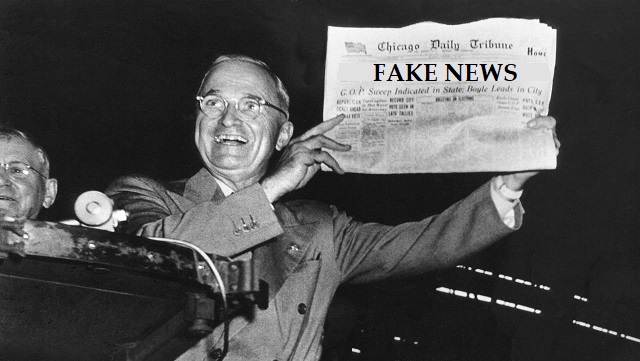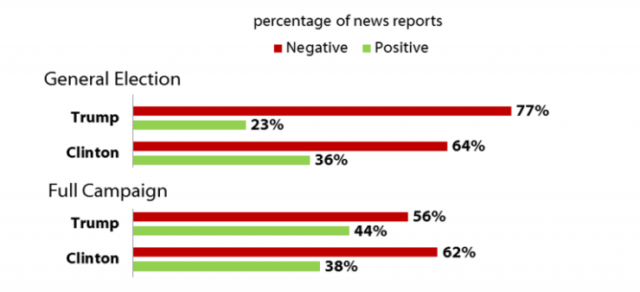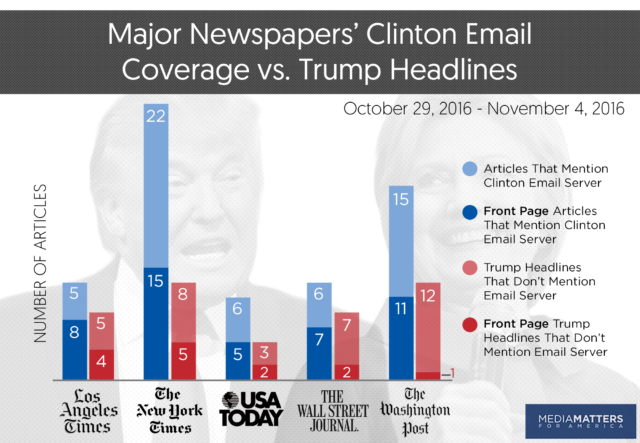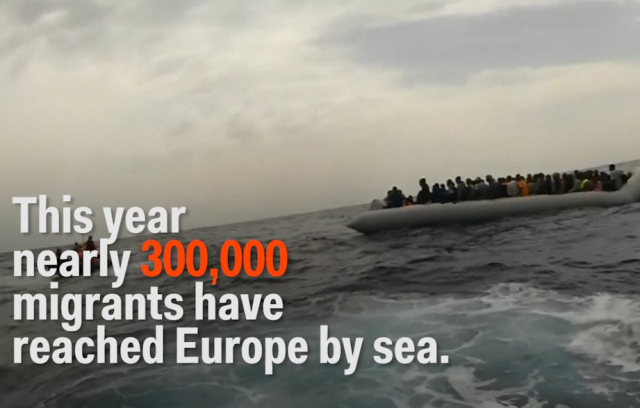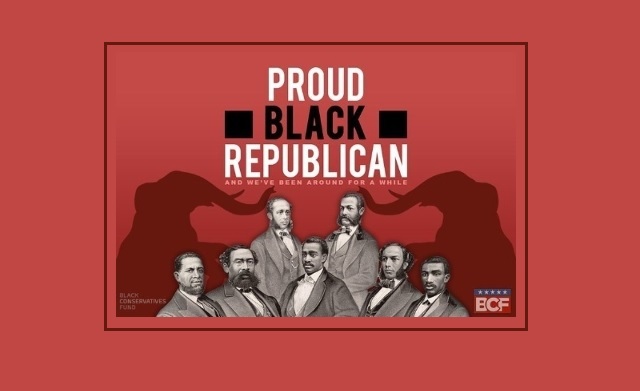Reporters Claim a Democrat Bias is Just a Bias to Facts!
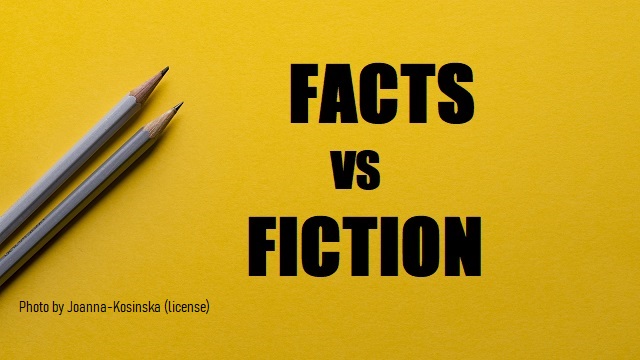
After you stop reading and laughing at the heading of this blog read the rest of the insanity coming from the mouths of so called reporters and journalists, the majority of which have no right to call themselves either.
The MSM has become, to all extent and purposes, a mouth piece for the New Socialist Democrat Party.
Everyday we see examples of this, from CNN town halls with mentally incompetent Sniffer Joe and the insane leftist Don Lemon to NBC news anchor, Lester Holt stating that “ fairness is overrated” adding “it’s not necessary to always give two sides equal weight and merit.”
Wow!
Nikole Hannah-Jones from left wing New York Times magazine stated “ all journalism is a form of activism.”
PBS NewsHour White House correspondent Yamiche Alcindor stated “ it is my duty as a journalist to bend the moral arc towards justice.”
Left-wing White House reporter April Ryan stated “ I will no longer be objective” after President Trump entered the White House.
The MSM a long time ago had morals, principles and standards that have long been jettisoned in favor of joining in the huge propaganda campaign from the extremists of the New Socialist Democrat Party, especially since that traitor and testosterone challenged Barrack Hussein Obama was in office. They have done nothing but lie about anything contrary to the drive to create the breakdown of the USA and the birth of the Socialist States of America, their dream.
I guess it is good that these liberal, lying, no good, overpaid and useless so called journalists are coming clean. That they see themselves as puppets of the administration now in power.
Their political ambitions cover a wide gamut from local politics to international, with Israel being the target of many of them. Recently a letter signed by hundreds of these so called journalists was published far and wide claiming Israel was an oppressive, violent apartheid state. They used the language of treasonous members of the House like Alexandria Ocasio-Cortez, D-N.Y., Ilhan Omar, D-Minn., and Rashida Tlaib, D-Mich. I have copied a list of some of the publications represented by these sick people and they include the New York Times, the Washington Post, CNN, BuzzFeed, the Associated Press, the Los Angeles Times, ABC News, NBC News, NPR, The Atlantic, The Boston Globe, and the Chicago Tribune.
Not too many surprises here huh?
Jake Tapper, a particularly obnoxious reporter with the Communist News Network otherwise known as CNN stated he would never have anyone on his show who had supported, still supported or may support the huge lie that the 2020 election was stolen! He called them election liars.
As per the heading of this humble blog many reporters state that their reporting is not a bias towards the Democrats but a bias towards facts!!
Really??????
Further they stated “We are biased in terms of facts. We in the media are biased in terms of we support vaccines. We in the media hire LGBT employees. We are biased against bans against trans or gay people.”
You knew it would not be long before LGBTQI etc. or race were bought into the argument.
Washington Post columnist Perry Bacon Jr. stated “So if we can be honest about those biases … That’s why journalists behaved the way they did when Trump – we are in favor of the person who won the election being president.” Huh??? Great comment Perry! Those English classes didn’t really work for you!!!
They all lied about the lab leak of the China virus mocking and blocking all who thought it was at least plausible.
They all mocked President Trump when he stated he would get the vaccines developed and manufactured in a year. They said they couldn’t trust them. He was lying. Don’t take the vaccine.
How things changed when the election was stolen. Now it’s all about the Biden success in getting the Chinese coronavirus under control. What a joke but wow – what a group of plain disinformation lies.
It is apparent that approximately 85% of the media bends left. Most not just left leaning but bent over left. The First Amendment gives them the right to speak, say and write what they want, but their code of ethics states they should not take everything as given but check, check and check again. Tell the unbiased truth regardless of where it goes. That, sadly, had nothing happened for years and is steadily getting worse. It is important for any socialist state to have a compliant media and this has been achieved.
It is a sad day every day in American and world journalism.
©Fred Brownbill. All rights reserved.

